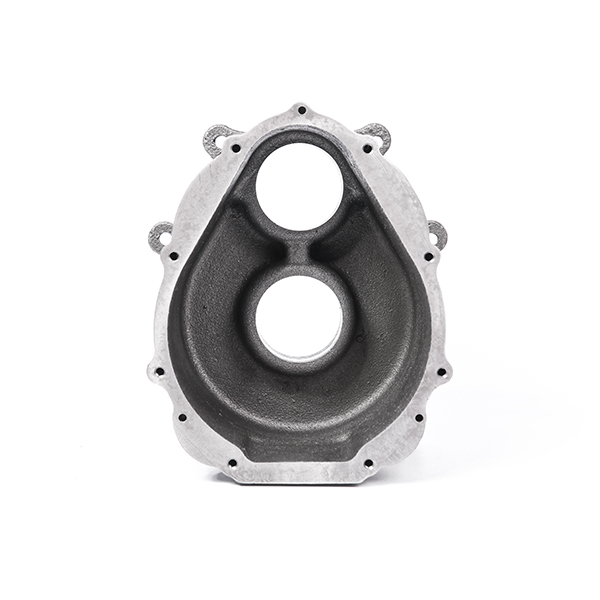Mobile:+86-311-808-126-83
Email:info@ydcastings.com
die cast part
Die casting is a manufacturing process widely used in various industries to produce parts with intricate shapes and high dimensional accuracy. The die casting technique involves forcing molten metal into a mold cavity under high pressure. This method is particularly popular for producing non-ferrous metals, such as aluminum, zinc, and magnesium. Its significance in modern manufacturing cannot be overstated, as it offers numerous benefits over traditional metalworking processes.
.
Moreover, die casting is highly efficient in terms of material usage. The process generates very little waste, allowing manufacturers to maximize their resources. The ability to recycle scrap material further adds to its economic appeal. Additionally, the high throughput of die casting means that large volumes of parts can be produced quickly, making it an ideal choice for high-demand applications.
die cast part

The technology behind die casting has also advanced significantly over the years. Modern die casting machines are equipped with sophisticated controls and sensors that ensure consistent quality and precision. Innovations such as vacuum die casting and squeeze casting have enhanced the process, enabling manufacturers to produce parts with superior mechanical properties and reduced porosity.
However, die casting is not without its challenges. The upfront investment for die casting molds can be high, making it less suitable for low-volume production runs. Furthermore, the selection of materials is somewhat limited compared to other manufacturing processes. Nevertheless, for high-volume productions where precision and efficiency are crucial, die casting remains a preferred choice.
In conclusion, die casting is a vital technology in the manufacturing landscape, known for its efficiency in producing high-quality parts. Its ability to create complex geometries with excellent surface finishes makes it indispensable in industries where precision is paramount. As innovations continue to transform the die casting process, its importance is likely to grow, supporting the ever-increasing demands of modern manufacturing.
-
Why Should You Invest in Superior Pump Castings for Your Equipment?NewsJun.09,2025
-
Unlock Performance Potential with Stainless Impellers and Aluminum End CapsNewsJun.09,2025
-
Revolutionize Your Machinery with Superior Cast Iron and Aluminum ComponentsNewsJun.09,2025
-
Revolutionize Fluid Dynamics with Premium Pump ComponentsNewsJun.09,2025
-
Optimizing Industrial Systems with Essential Valve ComponentsNewsJun.09,2025
-
Elevate Grid Efficiency with High-Precision Power CastingsNewsJun.09,2025











